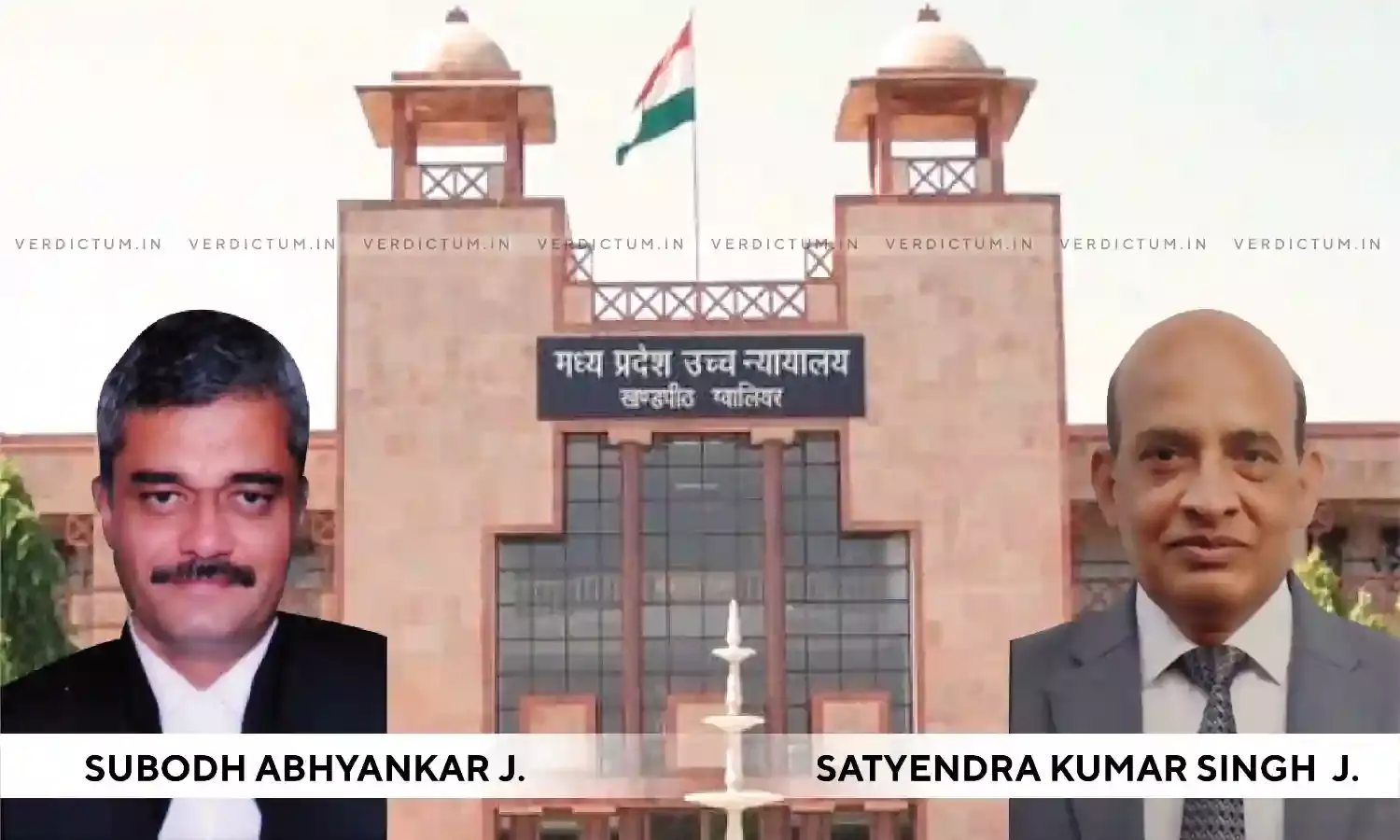Government Must Reconsider Provision Of Death Penalty - MP HC Commutes Death Penalty To 20 Years Imprisonment For Raping 4-Year-Old

The Madhya Pradesh High Court in a rape case of a 4-year-old girl has commuted the punishment of the death penalty to 20 years of imprisonment.
The Division Bench comprising Justice Subodh Abhyankar and Justice Satyendra Kumar Singh held that the Government must reconsider the provision of death penalty as a mode of punishment as deterrence so that at least the victims of such crimes would get on with their lives, accepting their fate and would be saved from nurturing a false hope for decades altogether.
The Court also held that the death sentence was awarded to the Appellant-Accused on the same day on which he was found guilty, depriving the Appellant of his valuable right to bring to the notice of the Court any mitigating circumstances in his favor. In this context, the Bench further noted –
…the injuries suffered by the victim, and the fact that the appellant who himself is a father of a minor daughter, is aged 30 years with no criminal record, chances of his rehabilitation cannot be ruled out, as also the various decisions rendered by the Supreme Court dealing with the subject matter, while affirming the conviction of the appellant as recorded by the Trial Court, we find it fit to impose a sentence of Twenty Years instead of Death Penalty on the appellant."
In this case, the Appellant-Accused was charged with the offence of Rape and Murder under Sections 363, 366, 376, 376A, 376B, 302, and 201 IPC and also under Section 5/6 of the Protection of Children from Sexual Offences Act, 2012.
The Trial Court had sentenced to Appellant-Accused to capital punishment. Aggrieved, an appeal was preferred before the High Court by the accused.
The High Court observed that the DNA report being positive is the substantial proof of the involvement of the Appellant in the commission of the aforesaid offence, thus the Court held –
"…there is no reason for this Court also to take a different view from that of one taken by the trial Court in this regard. In view of the same, so far as the finding of guilt of the appellant is concerned, the same is hereby affirmed."
Sentencing of the Appellant-Accused
In this context, the Bench noted that within a period of three months the trial was concluded and the Appellant was sentenced to capital punishment.
The Trial has sentenced the Appellant to capital punishment by observing that the acts of the Appellant upon the deceased showed his cruelty and thus the case fell within the category of rarest of rare.
The Bench further noted that it is very difficult for any person to get the death penalty no matter how diabolic his actions are, thus the Court held –
"It is also seen that even when the death penalty of an accused is affirmed by the Apex Court, it would still not be acted uponleading to further suffering by the victims of the heinous crimes. The kith and kin of such victims who are also the victims, spent their lifetime in the hope that they would get some solace, some justice but all their hopes are crushed under the procedural system. This court is of the view that 'capital punishment' which is not awarded/executed within a reasonable time, loses its importance as a deterrence, as people have a very short memory and such offences usually get into oblivion, waiting for the next one to happen."
Further, the Bench opined, "In such circumstances, this court is of the considered opinion that the Government must reconsider the provision of death penalty as a mode of punishment as deterrence so that at least the victims of such crimes would get on with their lives, accepting their fate and would be saved from nurturing a false hope for decades altogether."
Accordingly, the Court partly allowed the appeal and commuted the punishment of the death penalty to 20 years imprisonment for the Appellant-Accused.
Click here to read/download the Judgment

